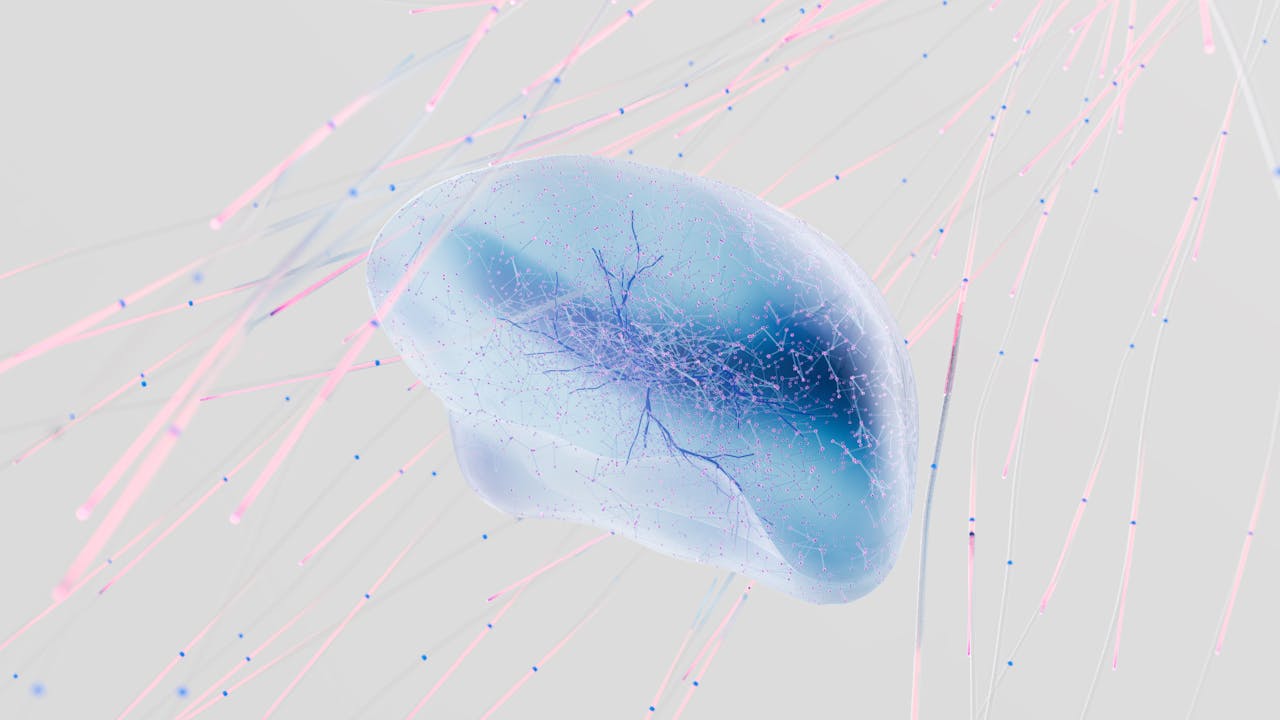Physical Wellness
Wimpy Antibody Protects Against Kidney Disease In Mice, Study
An antibody abundant in mice and previously thought to offer poor assistance in fighting infection may actually play a key role in keeping immune responses in check, suggests a new study.
The antibody could also prevent more serious self-inflicted forms of kidney disease.
The study found that the mouse antibody IgG1 - made in large quantities and resembles as human antibody known as IgG4 - may actually be protective.
"Antibodies protect against pathogens, in large part, by clumping them together and by activating other defenses, including a set of serum proteins, known as complement, and cells that have antibody-binding molecules on their surface called Fc receptors," said Fred Finkelman, MD, Walter A. and George McDonald Foundation Chair of Medicine and professor of medicine and pediatrics at UC, in the press release.
"Surprisingly, most of the antibody made by mice is IgG1, which is relatively defective in its ability to clump pathogens, activate complement, and activate cells by binding to their Fc receptors," added Finkelman, also a physician at the Cincinnati Department of Veterans Affairs (VA) Medical Center. "
Humans are also equipped with a similar type of antibody, called IgG4, which is also relatively defective in these abilities.
The study has been published in the journal Nature.









Join the Conversation